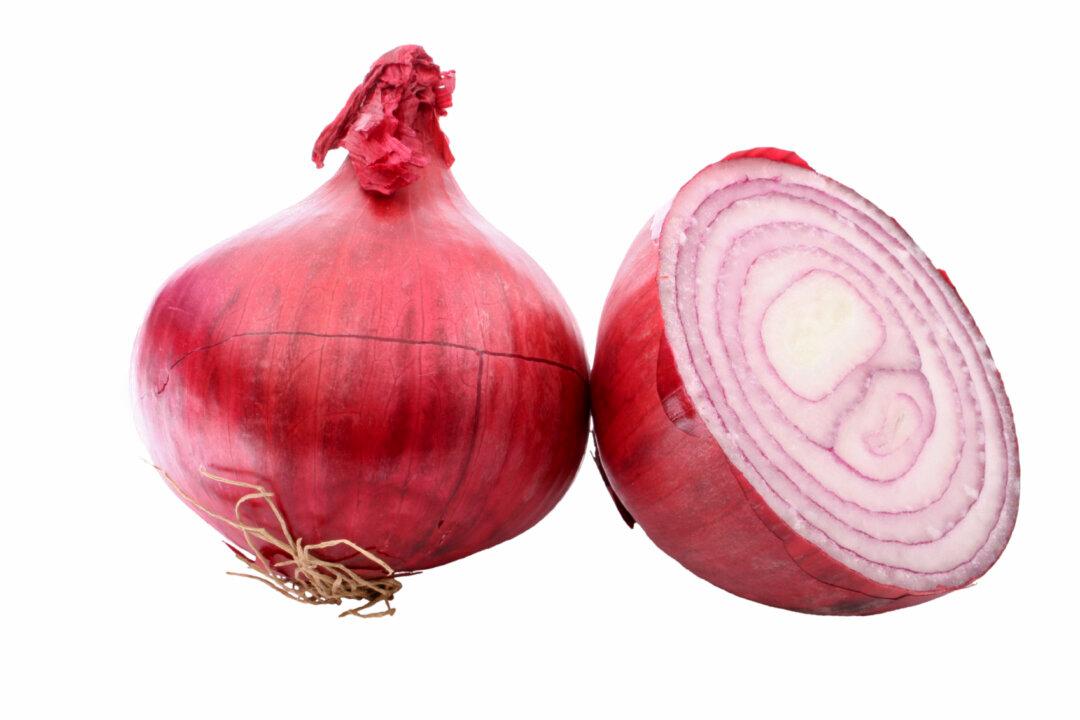Onions are a kitchen staple. To many cooks, they are as essential as salt and pepper. But does this common vegetable have a dark side? Do leftover onions act as a sponge for illness and bacteria?
The Internet seems to think so. Email chain messages and social media memes have been warning for years that once you cut open an onion it becomes dangerous virtually overnight. One widely circulated message claims that cut onions become “highly poisonous” because they “create toxic bacteria, which may cause adverse stomach infections because of excess bile secretions and even food poisoning.”






